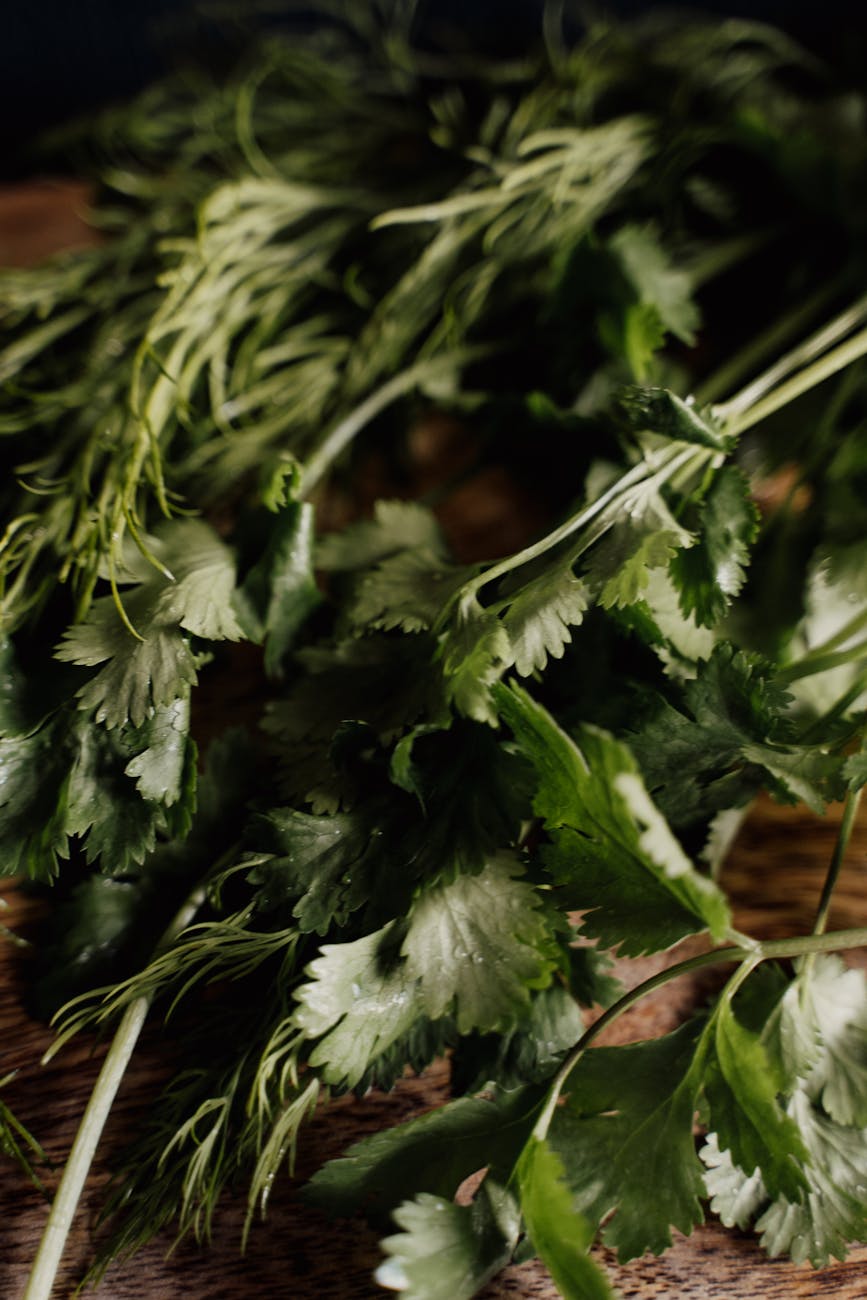Natural Remedies: The Best Herbal Teas for Digestion
In today’s fast-paced world, digestive issues have become a common concern for many individuals. With the increasing reliance on processed foods and hectic lifestyles, it’s no surprise that more people are experiencing discomfort related to digestion. Fortunately, nature offers a plethora of solutions that can help alleviate these issues, one of the simplest being herbal teas. This blog post will delve into the best herbal teas for digestion, providing useful insights and actionable tips to improve your gut health naturally.
The Importance of Digestive Health
Maintaining good digestive health is crucial for overall well-being. The digestive system is responsible for breaking down food, absorbing nutrients, and eliminating waste. Poor digestion can lead to a variety of health issues, including bloating, gas, constipation, and even more severe conditions such as irritable bowel syndrome (IBS) or gastroesophageal reflux disease (GERD).
According to the National Institute of Diabetes and Digestive and Kidney Diseases, approximately 60 to 70 million people in the United States are affected by digestive diseases. This highlights the importance of taking proactive steps to support digestive health, and herbal teas can be a simple yet effective component of this strategy.
Top Herbal Teas for Digestion
Peppermint Tea
Peppermint tea is a popular choice for alleviating digestive discomfort. Its natural antispasmodic properties can help relax the muscles of the gastrointestinal tract, reducing symptoms of bloating and gas. Studies have shown that peppermint oil can be particularly effective in relieving symptoms of IBS, and peppermint tea offers a gentle way to reap similar benefits.
To make peppermint tea, simply steep a handful of fresh peppermint leaves or a peppermint tea bag in hot water for 5-10 minutes. Enjoy it after meals to aid digestion and soothe your stomach.
Ginger Tea
Ginger tea is renowned for its ability to ease nausea and indigestion. The active compounds in ginger, known as gingerols and shogaols, have anti-inflammatory and antioxidant properties that can enhance digestive function. Research indicates that ginger can accelerate gastric emptying, helping to relieve symptoms of indigestion and bloating.
To prepare ginger tea, slice a piece of fresh ginger root and steep it in boiling water for about 10 minutes. You can enhance the flavor with a touch of honey or lemon.
Chamomile Tea
Chamomile tea is well-known for its calming effects, but it also offers digestive benefits. Chamomile contains compounds that relax the digestive tract and reduce inflammation, making it helpful for conditions like indigestion and colic. A study published in the Journal of Advanced Nursing found that chamomile tea can help reduce the severity of acid reflux symptoms.
To brew chamomile tea, steep dried chamomile flowers or a chamomile tea bag in hot water for 5-10 minutes. It’s best enjoyed in the evening for a calming effect on both the mind and the stomach.
Fennel Tea
Fennel tea is another excellent choice for digestive health. Fennel seeds are rich in essential oils that stimulate the production of gastric enzymes, improving digestion and reducing bloating. Fennel tea can also help alleviate symptoms of constipation and flatulence.
To make fennel tea, crush a teaspoon of fennel seeds and steep them in boiling water for 10 minutes. Strain and enjoy the aromatic infusion after meals to support digestion.
Dandelion Tea
Dandelion tea is a lesser-known but highly effective herbal remedy for digestion. Dandelion roots and leaves contain compounds that stimulate bile production, aiding in the digestion of fats. This can help prevent bloating and promote regular bowel movements.
To prepare dandelion tea, simmer dandelion roots or leaves in water for 5-10 minutes. You can also find dandelion tea bags in health food stores for convenience.
How to Incorporate Herbal Teas into Your Routine
Incorporating these herbal teas into your daily routine can be a simple and enjoyable way to support your digestive health. Here are some actionable tips to help you get started:
- Start with one cup a day: Begin by adding one cup of your chosen herbal tea to your daily routine. Observe how your body responds and adjust the frequency as needed.
- Combine flavors: Experiment with different herbal teas to find a combination that you enjoy. Mixing flavors can also enhance their digestive benefits.
- Be mindful of timing: Drinking herbal tea after meals can aid digestion, while consuming it before bed can promote relaxation and better sleep.
- Consult a healthcare provider: If you have any underlying health conditions or are taking medication, consult with a healthcare professional before adding herbal teas to your routine.
Conclusion
Herbal teas offer a natural and effective way to support digestive health. By incorporating teas like peppermint, ginger, chamomile, fennel, and dandelion into your routine, you can alleviate common digestive issues and promote overall well-being. Remember to listen to your body and enjoy the journey of discovering which herbal remedies work best for you. With consistent use, these natural remedies can bring comfort and balance to your digestive system, allowing you to live a healthier, more comfortable life.
Visit the NIDDK website for more information on digestive health and related conditions.
Discover more from NatureZen Market
Subscribe to get the latest posts sent to your email.











